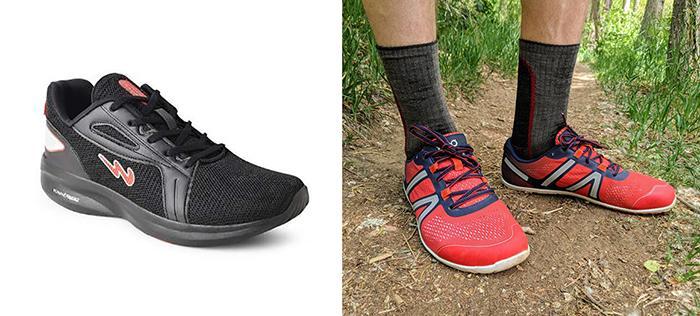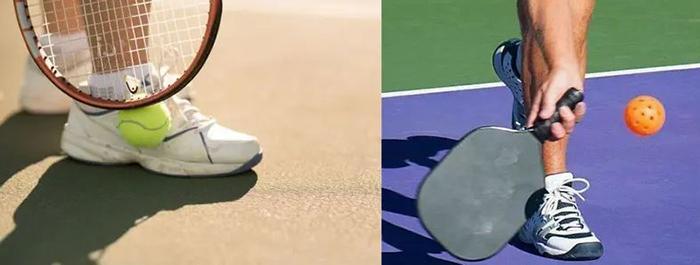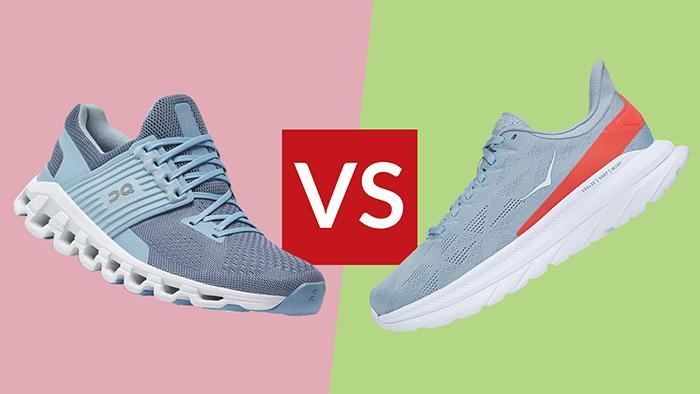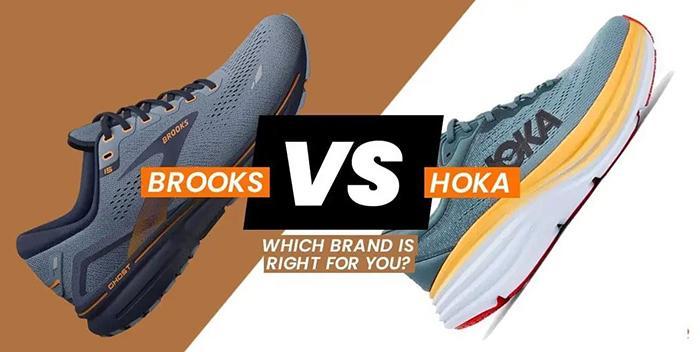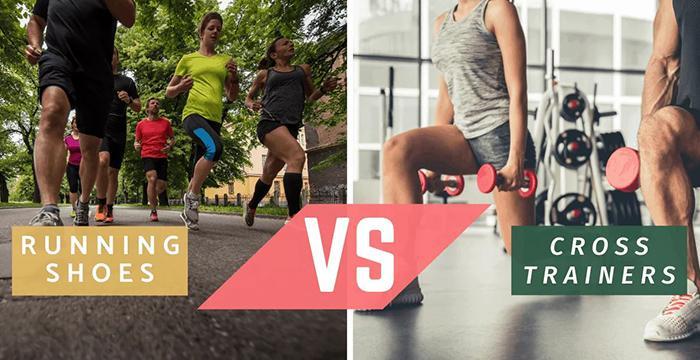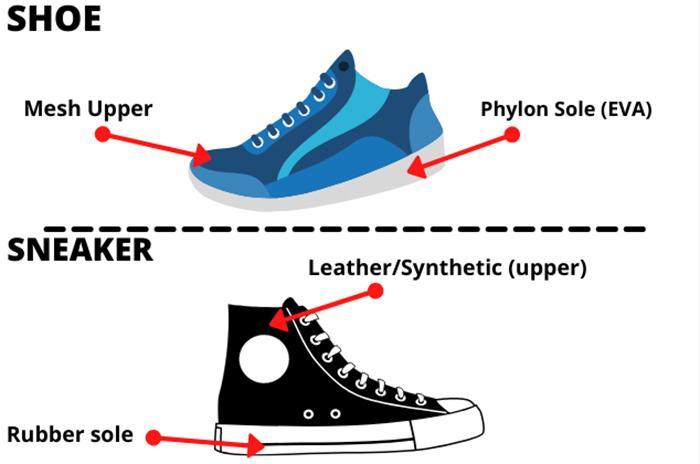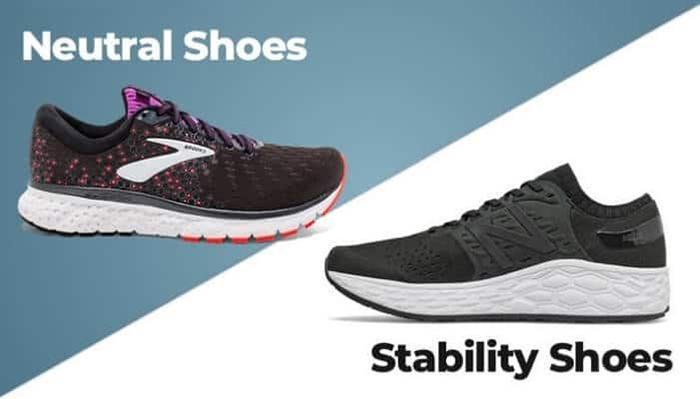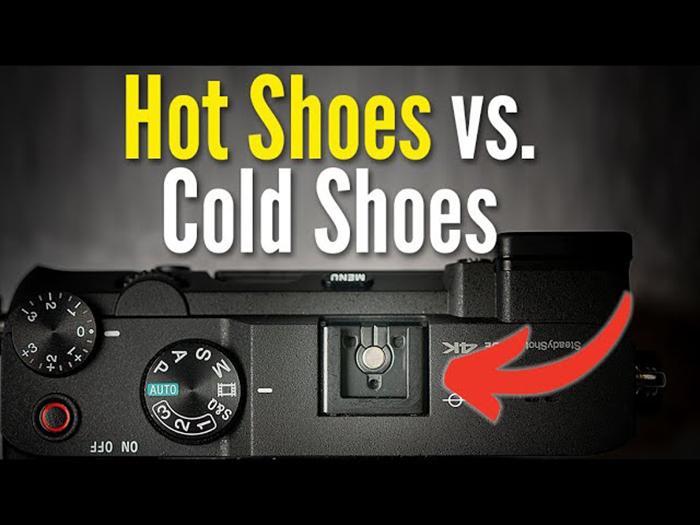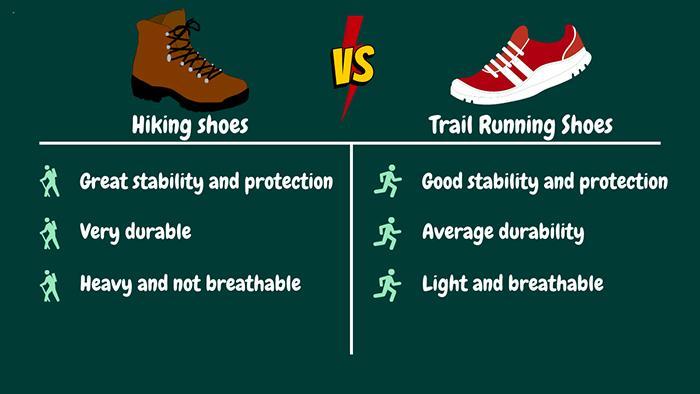When it comes to sports footwear, many wonder if basketball shoes can double up for volleyball. After all, both games involve jumping, pivoting, and agile movements.
In this blog post, we’ll explore the similarities and differences between basketball and volleyball shoes while discussing their potential cross-functionality.
You Are Watching: Can You Wear Basketball Shoes For Volleyball Updated 07/2024
Continue reading to learn about the role cushioning plays in protecting your joints during play, how different shoe types affect performance in each position on the court, and whether your favorite pair of basketball sneakers might just be suitable for rocking both courts.
Comparing Basketball And Volleyball Shoes
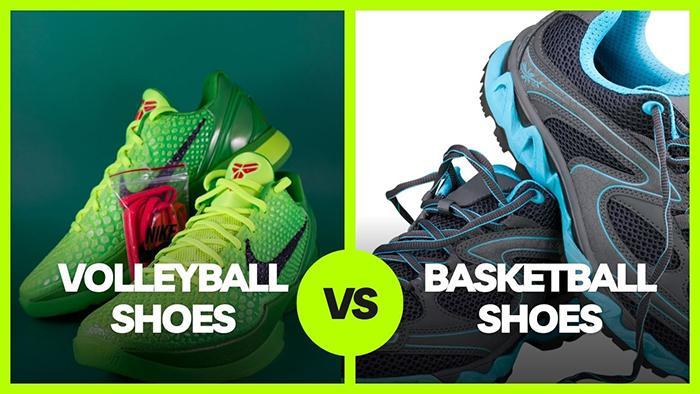
Basketball shoes typically have thicker soles and cushioning systems to absorb shock from jumps, while volleyball shoes focus on providing stability for quick directional changes and side-to-side movements.
Materials
Basketball and volleyball shoes often share similar materials in their construction, including synthetic mesh uppers, rubber outsoles, and foam midsoles.
These materials are designed to provide a balance between durability, comfort, and performance on the court.
Meanwhile, rubber outsoles offer reliable traction and grip on indoor courts that both basketball and volleyball players require for fast-paced gameplay. In fact, gum rubber is commonly used as a sole material for volleyballs shoes as it delivers superb grip during lateral movements.
Foam midsole technology enhances shock absorption and cushioning – an essential feature when participating in sports with frequent jumping such as basketball or volleyball.
Weight
In the world of sports footwear, weight plays a crucial role in an athlete’s performance. Both basketball and volleyball players require agile movements, quick pivots, and explosive jumps on the court.
Therefore, lightweight shoes are essential for these athletes to maintain their speed and prevent fatigue during games.
However, shoe weight should not be the only factor considered when selecting the perfect pair for volleyball or basketball. Other key aspects like cushioning systems for shock absorption and joint health protection are equally significant when playing high-impact sports like volleyball.
Some top-performing yet lightweight options include Nike React Hyperset (12 ounces), Asics Gel-Rocket 10 (11 ounces), Adidas Dame 7 (12 ounces), Mizuno Wave Momentum 2 (14 ounces) and Nike LeBron 18 (15 ounces).
Cushioning
Cushioning plays a vital role in both basketball and volleyball shoes, providing comfort and support during high-intensity games. It helps reduce the impact force experienced by players when they jump and land repeatedly on hard surfaces.
Basketball shoes typically have thicker air-bubbled heels that benefit heavy jumpers in volleyball, while volleyball-specific shoes often focus on even distribution of cushion for various movements.
For example, the Lebron 18 features exceptional heel caging for optimal support during explosive jumps. However, finding the perfect balance between optimal cushioning without excessive weight is crucial for agile movements required in both sports.
Design And Functionality
The design and functionality of basketball and volleyball shoes differ slightly due to the unique demands of each sport. Basketball shoes are typically designed with a higher cut, providing added ankle support for players who frequently jump and land on hard surfaces.
They also tend to have thicker midsoles for advanced cushioning technology that provides bounce during jumps. Volleyball shoes, on the other hand, feature a rounded base that allows players to push off at different angles evenly and position themselves quickly for the ball.
The soles of volleyball shoes often have gum rubber or non-marking materials that provide excellent traction and grip on sports flooring while still allowing side-to-side stability.
In summary, basketball shoes are designed primarily with jumpers in mind as they provide more bounce than most volleyball shoes because basketball athletes experience much higher impacts when jumping compared with volleyball players.
Moreover, basketball shoe manufacturers have had a larger resource pool over time accumulated from years working with NBA stars experimenting new designs perfecting what works best for them which led them having wider ranges of options specifically targeted towards positions-specific needs compared to what is available in the market for Volleyball Shoes manufactures just getting started with developing technologies tailored towards certain positions’ needs among its Athletes.
Can You Wear Basketball Shoes For Volleyball?
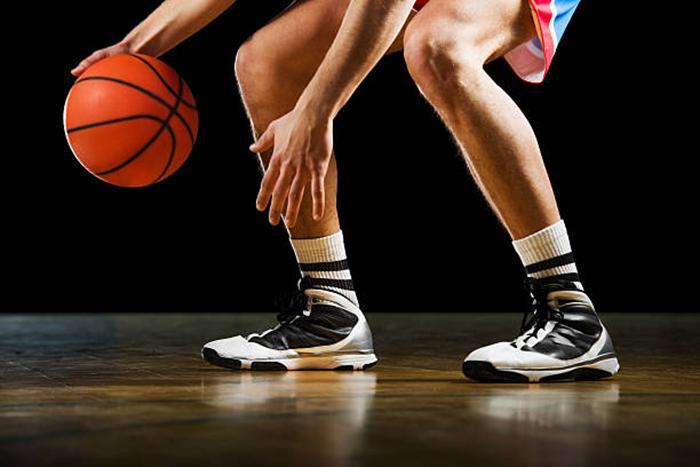
Read More : How To Tie A Ballet Shoe Updated 07/2024
Yes, basketball shoes can be a good option for playing volleyball because they offer similar fundamental movements such as jumping and agile movements. However, there are also some cons that you should consider before making a decision.
Pros Of Wearing Basketball Shoes
Basketball shoes have several advantages when it comes to wearing them for volleyball. Here are some of the pros:
- They provide excellent cushioning, which is crucial for reducing impact forces during jumping and landing.
- Basketball shoes offer superior grip, making quick take – offs and changes in direction easier.
- Their rounded base is perfect for pushing off at different angles, which is essential in volleyball.
- They are designed for agile movements, supporting fast – paced play on the court.
- Many basketball shoes have firm ankle support, which can help prevent ankle injuries during games.
- These shoes are durable and built to withstand intensive training and gameplay.
- They fit snugly on your feet, preventing them from sliding inside the shoe while you’re playing.
Overall, basketball shoes can give volleyball players an edge on the court with their high level of cushioning, support, durability, and traction.
If you’re looking for a good pair of basketball shoes to wear for volleyball matches, try out models like the Nike Hyperdunk Xs or Asics Gel-Rocket 10s – both shoes offer great features that help you perform well on the court.
Cons Of Wearing Basketball Shoes
Wearing basketball shoes for volleyball may not be the best choice for everyone. Here are some of the cons to consider:
- Lack of Traction: Basketball shoes often have a thick, non-marking sole which can reduce your court grip and cause slips and falls on a hard surface. Volleyball shoes have specialized tread patterns that offer better traction for lateral movements.
- Heavy Weight: Due to their thicker midsoles, basketball shoes can be heavier than other types of athletic footwear. This extra weight can affect your vertical jump performance and make you feel sluggish on the court.
- Excessive Heel Caging: Many basketball shoes come with high heels or excessive heel padding that can limit your ankle movement and make it difficult to pivot quickly during agile movements like side-to-side shuffling in volleyball.
- Thin Midsole: Although some basketball shoes offer excellent cushioning and shock absorption, others may have thin midsoles that do not provide enough protection from impact force during frequent jumping in volleyball.
- Lack of Lateral Support: Basketball shoes are generally designed for forward motion rather than side-to-side stability, which is crucial in volleyball because it requires quick directional changes and lateral movements.
- Not Ideal for All Positions: Some positions in volleyball, such as middle blocker and libero, require specialized shoes with additional features like raised areas on the front of the shoe or grooves along the sole for better court stability and foot support.
- Limited Availability: The market for volleyball shoes is much smaller than that of basketball shoes, making it difficult to find specialized models at affordable prices compared to budget basketball shoes.
Despite these drawbacks, basketball shoes may still be suitable for certain players depending on their position and personal preferences.
However, it’s important to consider all factors when choosing your sports footwear to avoid injuries or impaired performance due to inadequate shoe support or fit.
Factors To Consider When Choosing Shoes For Volleyball
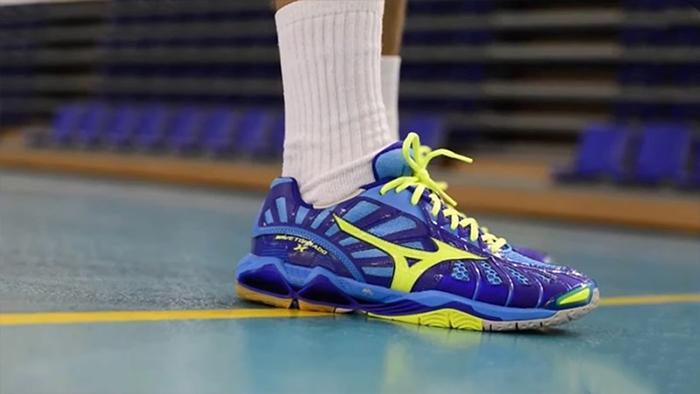
Consider the types of movements required in volleyball, including jumping and quick directional changes; look for shoes with adequate cushioning and ankle support to reduce impact forces and prevent injuries.
Jumping And Landing
Jumping and landing are fundamental movements in both basketball and volleyball. In volleyball, players mostly two-foot jump to hit the ball or block shots.
This involves jumping high and then landing safely on the ground without getting injured.
In basketball, players often use a one-foot jump during layups or dunks. While basketball shoes can provide good cushioning and support for these jumps, they may not be as effective at supporting volleyball-specific movements like quick take-offs or abrupt directional changes.
However, many athletes still prefer wearing basketball shoes over traditional volleyball shoes due to personal preference or cultural reasons within their teams or social circles.
Quick Directional Changes
Quick directional changes are a crucial aspect of volleyball, as players need to move rapidly from side to side and back and forth on the court. Basketball shoes can be an excellent option for volleyball players due to their ability to handle violent directional changes.
Shoes with thick air-bubbled heels are best for heavy jumpers, while shoes with a rounded base help push off at different angles evenly.
Nike Hyperdunk Xs is a preferred shoe for men playing volleyball, while Nike Zoom Hyperace 2 is a preferred option for women. Alternatively, Adidas Crazy Explosive or Under Armour Curry 3 can provide good ankle stability and arch support.
Shoes that offer decent grip ensure quick take-offs, which basketball shoes tend to have compared to running or tennis shoes.
Ankle Support
Good ankle support is vital for volleyball players, as sudden changes in direction and the impact from jumping can put significant strain on the ankles. Volleyball shoes are designed with this in mind, often featuring ankle braces or extra padding around the collar to provide additional stability.
In contrast, basketball shoes tend to have a focus on cushioning and flexibility rather than ankle support. If you choose to wear basketball shoes for volleyball, it’s essential to ensure that they offer sufficient ankle protection or consider wearing an ankle brace for added support.
Traction And Grip
When it comes to playing volleyball, traction and grip are crucial for athletes to make quick movements on the court. Volleyball shoes typically come with gum rubber soles that provide high traction and prevent sliding, allowing players to make sudden stops and starts without slipping.
However, some basketball shoes do offer decent grip suitable for volleyball play. For instance, Nike Hyperdunk Xs and Asics Sky Elite FF both come with a sturdy rubber sole that can withstand constant wear and tear while providing good traction on sports flooring.
Are High Tops Good For Volleyball?
High-top shoes are a type of shoe that extends above the ankle for additional support. While they may seem like a good choice for volleyball, they are not recommended due to their lack of ankle support and excessive weight compared to standard top shoes.
Read More : Cocktail Dress And Sneakers Updated 07/2024
Volleyball players need footwear that provides both cushioning and bounce for jumping and landing safely.
In general, basketball shoes tend to be designed with higher collars than most other sports shoes in order to provide extra ankle support during the lateral movements associated with basketball.
However, this added height can interfere with a player’s mobility on the court while playing volleyball, which requires quick directional changes and side-to-side stability.
Best Basketball Shoes For Volleyball
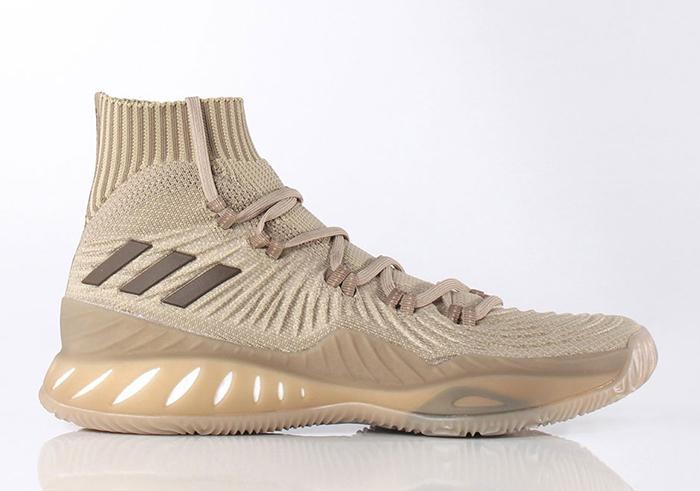
If you’re looking to wear basketball shoes for volleyball, here are some of the best options to consider:
- Nike Hyperdunk Xs – This shoe has been a popular choice among volleyball players due to its excellent cushioning and support.
- Adidas Crazy Explosive – Known for its superior traction and stability, this shoe provides great comfort during long matches.
- Under Armour Curry 3 – With its lightweight design and comfortable fit, this shoe is ideal for those who value speed and agility on the court.
- Nike KD Trey 5 VII – This shoe offers impressive ankle support and flexibility, making it a great option for players who require quick directional changes.
- Under Armour Spawn Mid – Featuring a durable rubber sole and breathable mesh upper, this shoe is perfect for indoor volleyball games.
- Mizuno Wave Momentum 2 – Designed specifically for volleyball players, this shoe combines exceptional stability with advanced cushioning technology to reduce impact forces during high-intensity movements.
Whether you’re a libero or an outside hitter, these basketball shoes can provide the necessary support and comfort needed to perform at your best on the volleyball court.
Can You Wear Volleyball Shoes For Basketball?
It is possible to wear volleyball shoes for basketball, but it may not be the most ideal option. Volleyball shoes are designed with a focus on lateral movements and stability, while basketball shoes prioritize vertical jumping and cushioning.
On the other hand, basketball shoes may have more bounce and shock absorption than volleyball shoes, making them better suited for intense jumping activities.
Ultimately, the choice between wearing volleyball or basketball shoes will depend on personal preference and playing style. Some athletes prefer to stick with specialized sports footwear while others find alternative options that work just as well.
Frequently Asked Questions
Do You Need Special Shoes For Volleyball?
Yes, you do need special shoes for volleyball because they are designed to cater to the unique movements required in the sport. Volleyball players make rapid lateral movements and require strong ankle support for jumping and landing.
Volleyball shoes have specific features that basketball or running shoes lack, such as gum rubber soles that offer excellent grip and stability on the court.
They also have shock-absorbing cushioning systems that help reduce impact forces during jumps and landings, protecting against injuries while improving performance.
Can Volleyball Shoes Make You Jump Higher?
Volleyball shoes are designed with excellent cushioning to help players jump higher and further while remaining stable.
The cushioning system in volleyball shoes protects the feet and joints from impact force when jumping on hard courts, allowing for more power and lift in each vertical jump.
Additionally, volleyball shoes are built with a rubber sole that grips the court surface, providing traction for quick take-offs and landings without slipping or sliding.
Some volleyball shoe models also feature spikes that can aid in gripping the ball better during gameplay.
Are Nike Basketball Shoes Suitable For Playing Volleyball?
Nike basketball shoes are a popular choice amongst volleyball players due to their excellent quality and durability. In particular, the Nike Hyperdunk Xs and Nike Zoom Hyperace 2 are highly recommended for men and women respectively.
Basketball shoes offer a range of options specifically designed for quick directional changes, pivoting movements, and jumping mechanics that align with those required in volleyball.
While some high-top basketball sneakers may not be ideal for certain positions due to their design, many models provide great support and grip on the court floor.
Additionally, KD14s from Nike have recently been touted as an exceptional option thanks to their superior traction technology and cushioning features that minimize impact force during jumps.
Conclusion
In conclusion, basketball shoes can be a suitable option for playing volleyball due to their similar movements and performance goals. While there are pros and cons to wearing basketball shoes for volleyball, it ultimately comes down to personal preference and individual needs.
However, when choosing shoes for volleyball, factors such as jumping and landing techniques, quick directional changes, ankle support, traction and grip should also be considered.
Some of the best basketball shoes for volleyball include Nike Hyperdunk Xs and Nike Zoom Hyperace 2.
Sources: https://www.centuryinshoes.com
Category: Shoes

